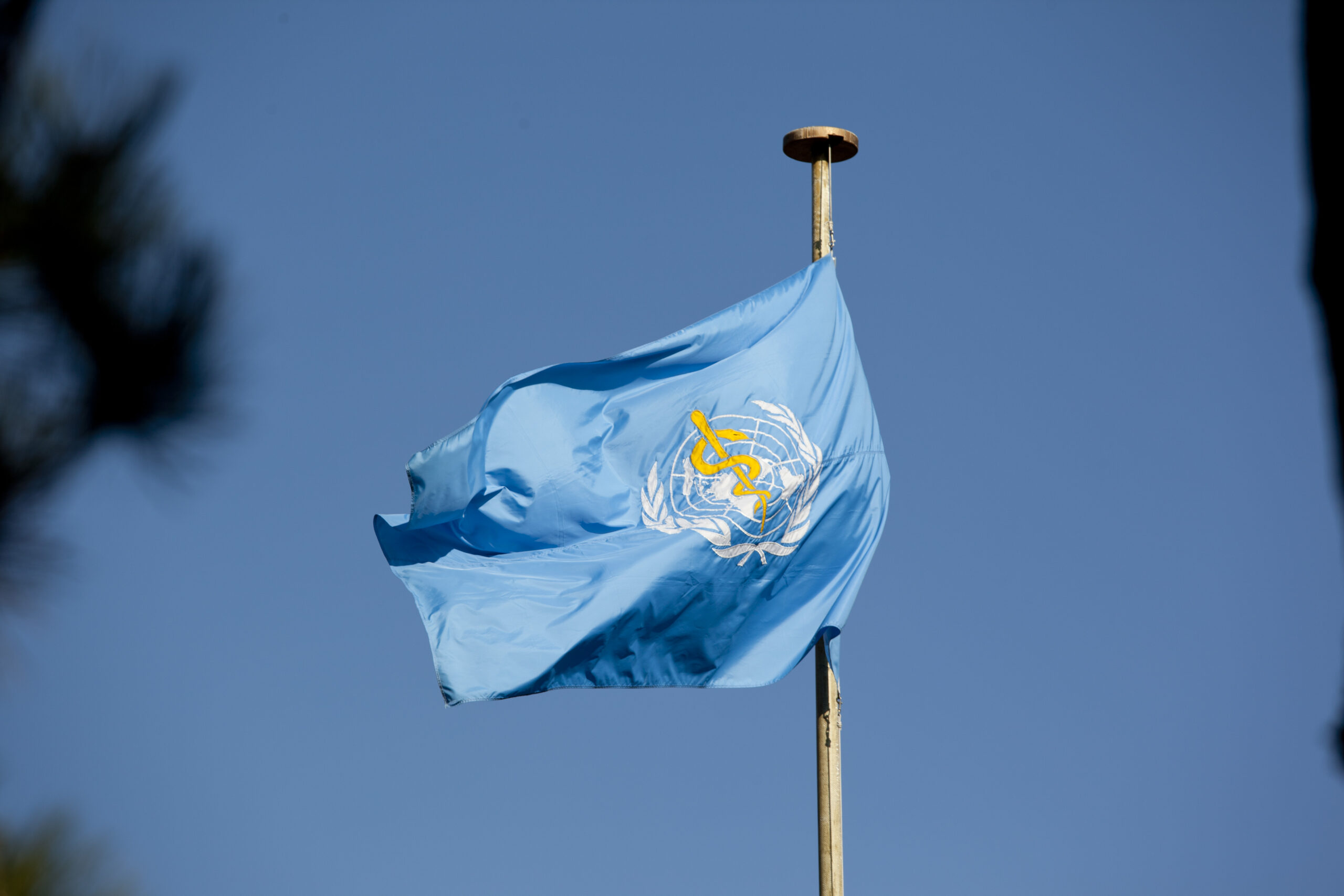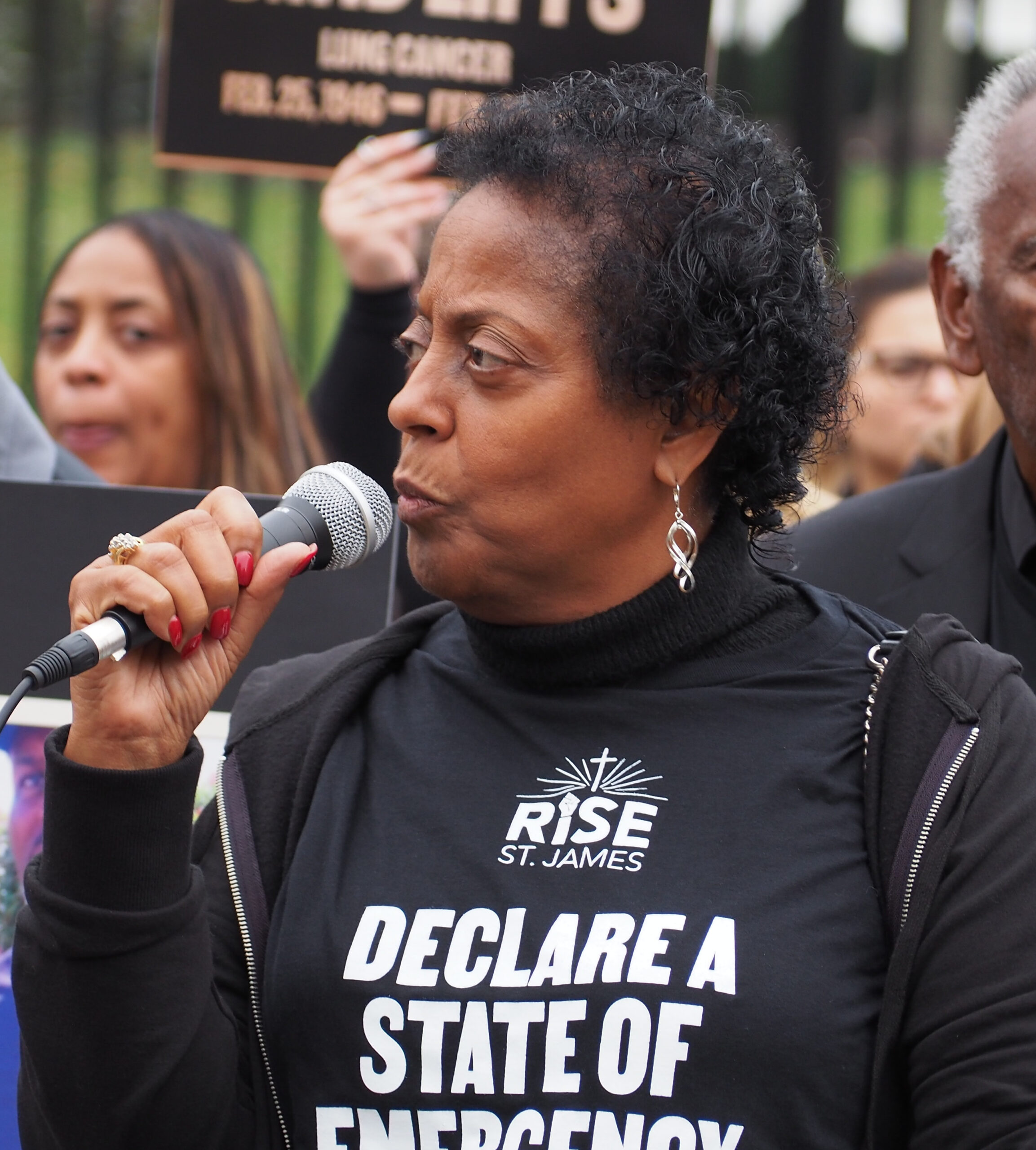According to a recent news article, the wealth of the world’s richest billionaires has increased 114% since the year 2020. Their identities and current net worths are as follows:
| Elon Musk | $246 billion |
| Bernard Arnault | $193 billion |
| Jeff Bezos | $167 billion |
| Larry Ellison | $146 billion |
| Warren Buffet | $119 billion |
By comparison, the Federal Minimum wage in the U.S. is $7.25 per hour, which comes out to about $15,000 annually. The gulf between the extremes of wealth and poverty in the U.S. is effectively demonstrated by a YouTube video using grains of rice to illustrate scale. In short, the poor aren’t even worth one grain of rice, while the wealthy are worth bags and bags of rice. Sociology, the scientific study of social relationships, institutions, and societies, can help us understand the reason for these extremes and their implications on our lived experience. Let’s take a moment to investigate this issue.

People with wealth in the billionaire category are often identified as part of the “1 percent” of society. They are part of the bourgeois, the small minority who are the wealthy class. In juxtaposition, the portion of the population with significantly less money falls into the category of the proletariat, the majority, who were the poor, property-less industrial working class. The difference in experience of these extremes is often referred to as social inequality, the unequal distribution of power, property, or prestige in society.
To illustrate social inequality, consider the process of purchasing a brand-new car. While someone like Jeff Bezos could purchase a car with the spare change in his pocket, a minimum wage worker would need to take out a car loan to afford the vehicle. That loan wouldn’t be based on just their promise to pay it back but on an extensive credit check used by the banking system that, in American society at least, is a social fact, a social pattern that is external to individuals and greatly influences our way of thinking and behaving in society. Interestingly, this credit check system is influenced by matters experienced at the individual level or personal troubles and matters that impact society as a whole or public issues. The minimum wage worker who has filed for bankruptcy has a personal trouble that could make it difficult for them to obtain a car loan. Similarly, an economic recession that impacts the larger society could also make it difficult for them to obtain a car loan.

In both instances, the minimum wage worker experiences red tape, adherence to excessive regulation, and conformity that prevents decision-making and change, in ways that the wealthy do not. This red tape is used by social institutions, structures in society providing the framework for governing the behavior of individuals in a community or society, and is part of the rationalization of society, the replacement of traditional values and personal connections with bureaucracy, efficiency, and a means-end approach. Economic institutions like banks rely heavily on red tape to strictly enforce borrowing privileges for the average person but often waive the rules for the wealthy. This approach of valuing someone on their perceived net worth isn’t always successful. The case of Anna Sorokin, a con artist who posed as a wealthy German socialite illustrates the perils of this approach. In 2019 Sorokin was convicted of defrauding banks, hotels, and “friends” out of hundreds of thousands of dollars. Often her method was to rely on personal connections and friendship to get money, forms of fraud red tape is supposed to prevent. The audacity of Sorokin’s crimes and the level to which the wealthy were duped resulted in this case being made into a true crimes Netflix special called Inventing Anna.
Even though the life experiences of the bourgeois and proletariat are vastly different, the sociological perspective helps us understand and explain how individuals and groups in these categories interact within society. Arguably this insight is important not just for understanding what is happening and why but also as an effective tool to help encourage forces that change society’s organization and social structures in a way that benefits us all.
Thompson is a co-owner of UITAC Publishing. UITAC’s mission is to provide high-quality, online, affordable, and socially responsible course materials.
Images in this blog:
- Pixabay, Creative Commons CC0 1.0 Universal Public Domain Dedication https://commons.wikimedia.org/wiki/File:Money-1428594_1920.jpg
- Car loan by Nick Youngson CC BY-SA 3.0 Pix4free https://pix4free.org/photo/1812/car-loan.html



